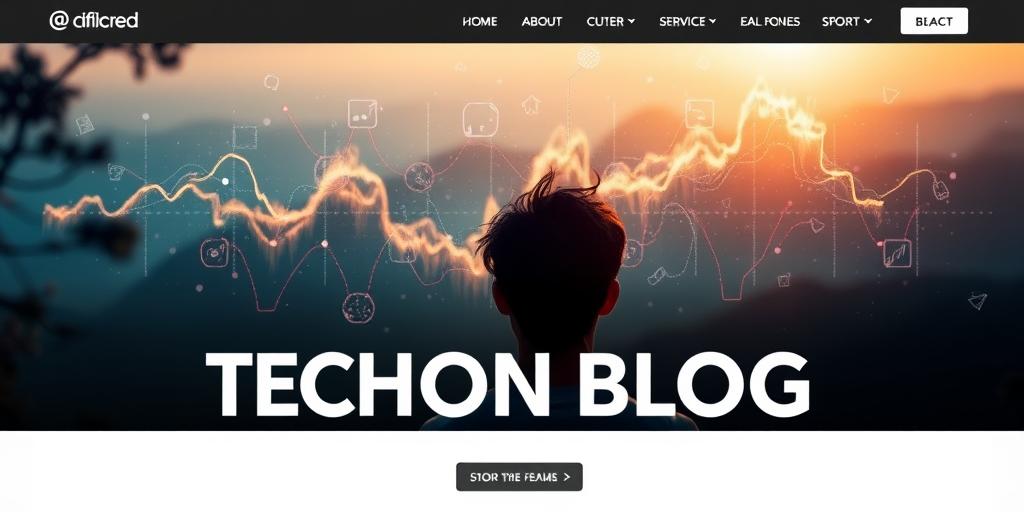The Future of Work a Human-Centric View
Explore the human-centric future of work. Learn how prioritizing employee well-being, flexibility, and technology integration can create a thriving workplace.

The Future of Work a Human-Centric View
The Future of Work: A Human-Centric View
The future of work isn't just about automation and AI; it's about people. It's about creating workplaces where individuals thrive, contribute meaningfully, and feel valued. This human-centric approach is not just a feel-good concept; it's a strategic imperative for businesses looking to attract and retain top talent in an increasingly competitive landscape.
The Rise of the Human-Centric Workplace
Traditional work models often prioritized efficiency and output above all else. However, a growing body of research and real-world examples demonstrate that focusing on the employee experience leads to better business outcomes. A human-centric workplace prioritizes:
- Well-being: Mental, emotional, and physical well-being are at the forefront.
- Flexibility: Offering flexible work arrangements to accommodate individual needs.
- Growth: Providing opportunities for learning, development, and career advancement.
- Inclusion: Creating a diverse and inclusive environment where everyone feels welcome and respected.
- Purpose: Connecting employees to a larger mission and purpose.
Technology as an Enabler, Not a Replacement
Technology plays a crucial role in shaping the future of work, but it should be viewed as an enabler of human potential, not a replacement for it. AI and automation can handle repetitive tasks, freeing up employees to focus on creative problem-solving, strategic thinking, and building relationships. The key is to design technology solutions that augment human capabilities and enhance the overall work experience.
Key Strategies for Building a Human-Centric Workplace
- Invest in Employee Well-being: Offer comprehensive benefits packages, wellness programs, and mental health support.
- Embrace Flexibility: Provide options for remote work, flexible hours, and job sharing.
- Foster a Culture of Learning: Encourage continuous learning and development through training programs, mentorship opportunities, and access to online resources.
- Promote Diversity and Inclusion: Create a workplace where everyone feels valued and respected, regardless of their background or identity.
- Empower Employees: Give employees autonomy and ownership over their work.
- Communicate Openly and Transparently: Keep employees informed about company goals, strategies, and performance.
The Benefits of a Human-Centric Approach
Adopting a human-centric approach to work yields significant benefits:
- Increased Employee Engagement: Employees who feel valued and supported are more engaged and committed to their work.
- Improved Productivity: Engaged employees are more productive and innovative.
- Reduced Turnover: A positive work environment reduces employee turnover and attracts top talent.
- Enhanced Innovation: Diverse and inclusive teams are more creative and innovative.
- Stronger Brand Reputation: Companies with a strong reputation for treating employees well attract customers and investors.
Conclusion: The Future is Human
The future of work is not about replacing humans with machines; it's about creating workplaces where humans and technology work together to achieve common goals. By prioritizing the employee experience, organizations can unlock their full potential and create a more sustainable and fulfilling future for all.







